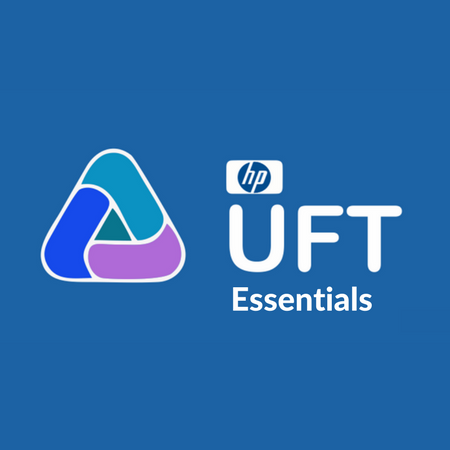Learning Objectives
By the end of the course you should have a complete understanding of how to:
- Understand the key principles of test automation; record & replay, synchronisation, checkpoints, data-driven testing
- Understand how to structure your automated testing
- Gain a full understanding of how UFT integrates with the system under test
- Understand how you can design robust tests against dynamic applications
Pre-Requisites
None
Introduction
Covers the UFT interface, the example applications to be tested, UFT settings and the Add-In Manager
Record & Playback
How to create a basic script using record & replay in the keyword view
Object Recognition
Explains how UFT recognises objects in the system under test. Describes the Object Repository and the different Object Repository types
Synchronisation & Checkpoints
How to use synchronisation to ensure that UFT waits for your application to complete processes and how to insert checkpoints in your script to test your application
Multiple Actions
How to break your script down into smaller components called Actions
Covers all types of Actions, and how to re-use Actions in other scripts
Data-driven testing
How to use the built-in Data Table to data- drive tests with multiple test cases
The Expert View
Explains the differences between the Keyword and Expert view
Also covers all the debugging features of the UFT development environment
Capturing Application Data
Covers the various methods for capturing data from your system under test for checking, or outputting to the Data Table and Results
Also compares methods of passing data between multiple Actions
Custom Checkpoints
How to create your own checkpoints using the Expert view. Demonstrates how to check dynamic data.
Introduction to Web Testing Introduces the UFT Web Add-In and configuring UFT for Web Testing
Smart Identification explained
Dynamic Objects
How to test dynamic applications whose interfaces change at run-time
Looks at making the Object Repository more flexible, descriptive programming and capturing object collections from your system under test
External Data
How to utilise test data from external sources such as csv files and MS Excel, to data-drive your test. Also looks at the new file comparison checkpoint feature
Functions
Covers creating procedures in UFT, storing them in function libraries, and calling them from scripts
Object Recognition Problems
Key points for overcoming object recognition problems
Covers the 3 recording modes, Virtual Objects, and mapping custom classes
Also looks at using Insight Objects to overcome object recognition problems.



